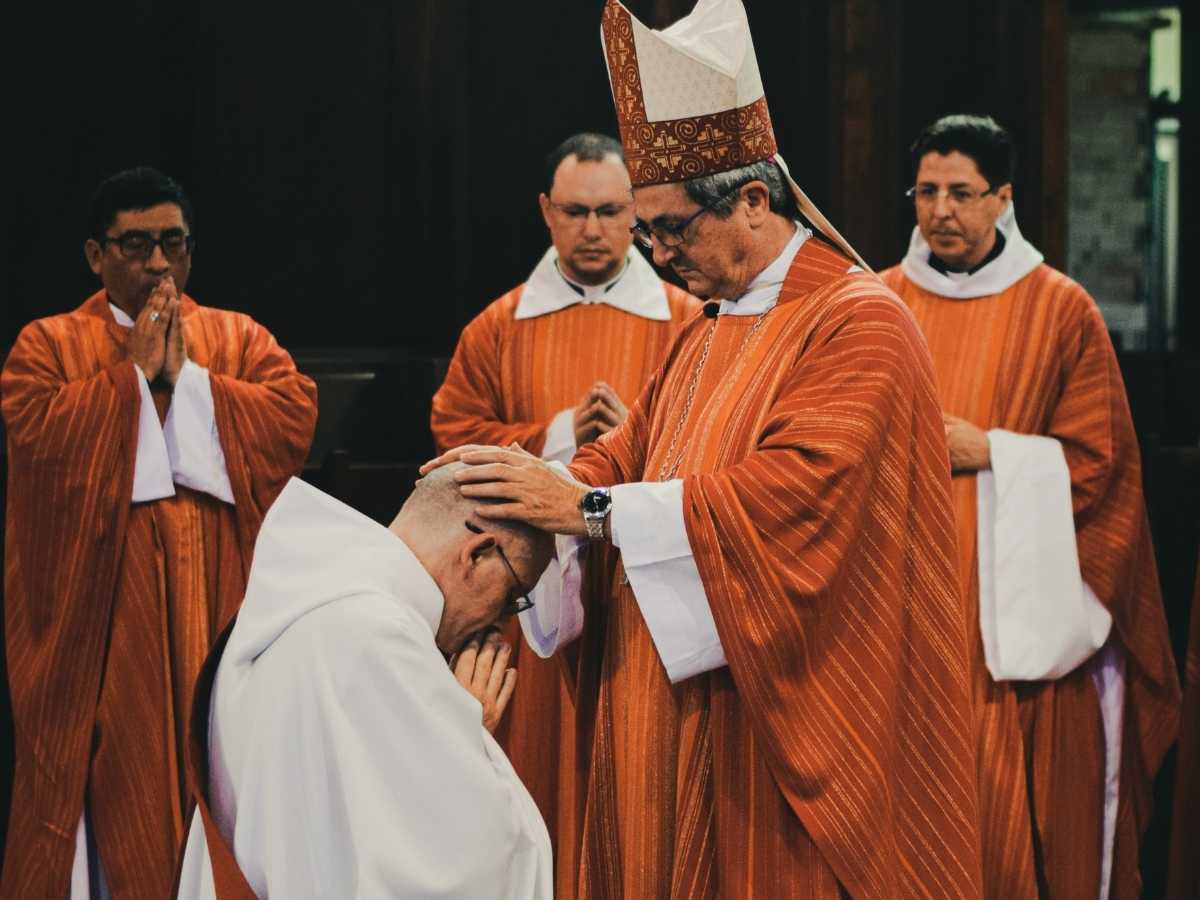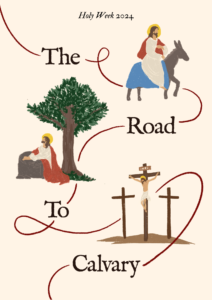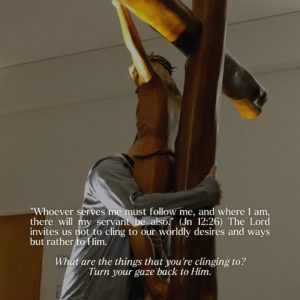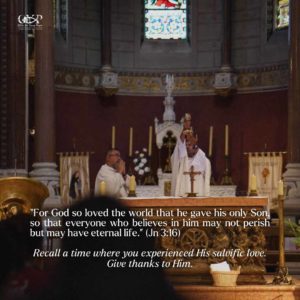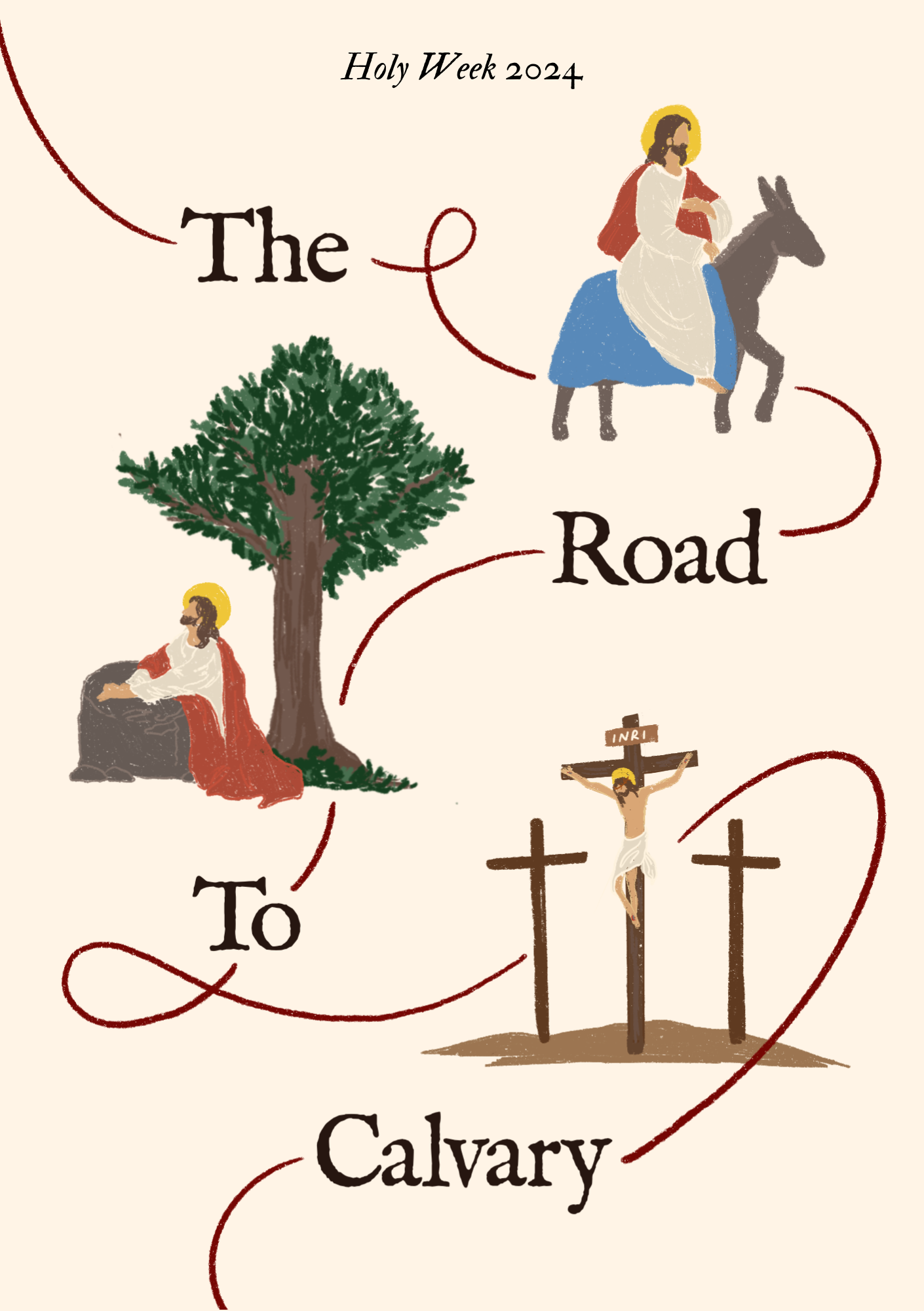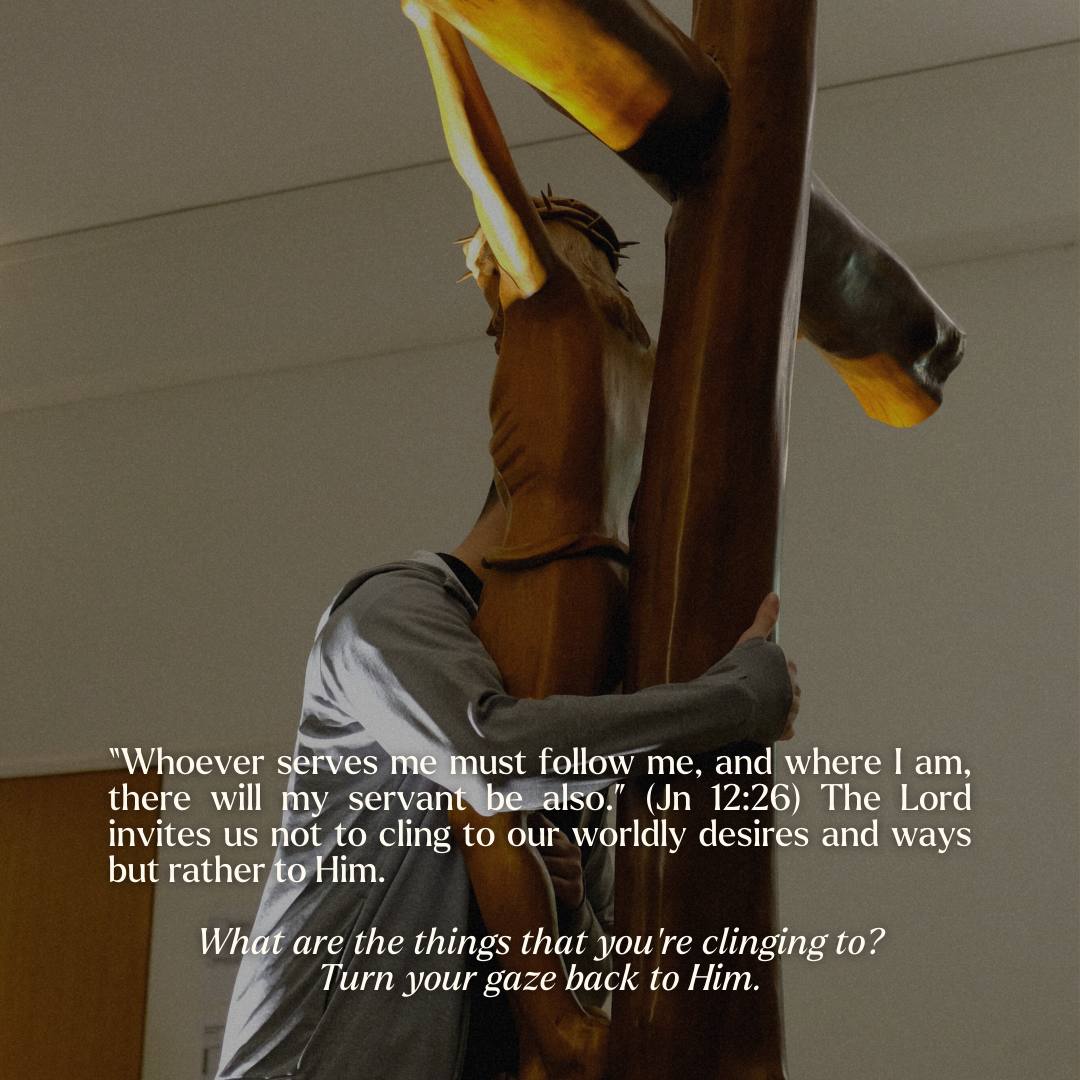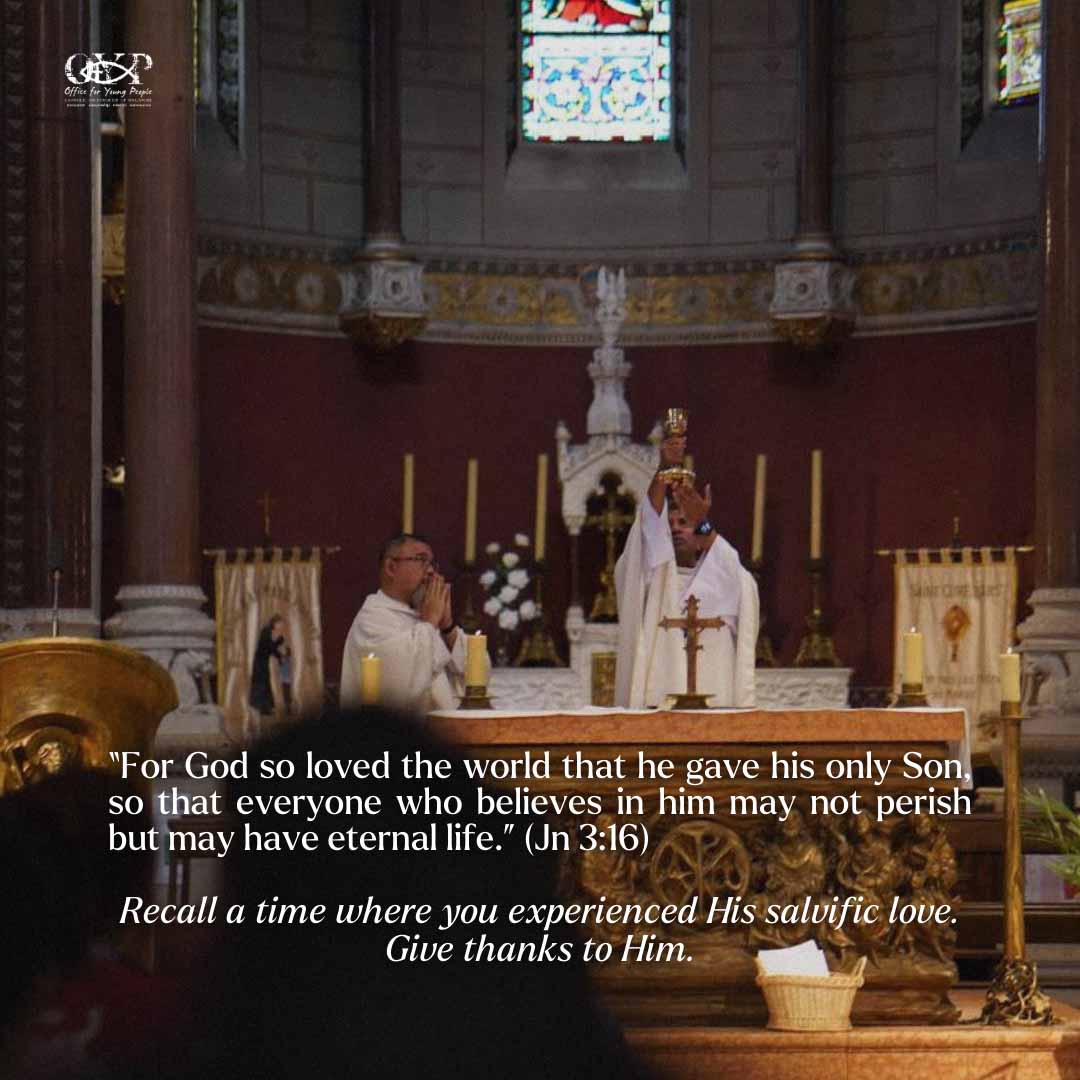By Ryan Ng
We were made for Heaven! Every human heart has been ‘configured’ to yearn for eternal union with God. This ultimate end, which we are all destined for, shapes how God calls us to Him. Our vocation or Vocare (Latin for “call”) must then be understood with Eternal Life in mind.
As Catholic Christians, we recognise three levels of vocation:
Level One: Holiness
At the most fundamental level, every human person is called to be holy. God speaks to us: “Be holy, for I am holy” (Lev 11:44; cf. 1 Pet 1:16). Likewise, St Paul reminds us: “For this is the will of God, your sanctification” (1 Thess 4:3). Sanctification refers to the process of being made holy!
Holiness is being ‘set apart’ from worldliness and sin. By saying “no” to every ‘stray’ path, we can be totally committed in travelling on God’s ordained path to Him: Jesus Christ. Jesus mentioned that He is the Way to the Father. Hence, living the life of Christ – a life of sacrificial love, redemptive suffering, and total obedience to God – is the only way to grow in holiness. Living in this manner directs our footsteps toward Heaven!
Level Two: States of Life
The next level of vocation refers to specific ways to live the holy life. On the one path to Heaven, there are different ‘modes of transport’! The Church teaches us that four broad states of life exist: consecrated singlehood, religious life, priesthood and married life (CCC922; CCC925; CCC1536; and CCC1601). These life states, when fully embraced, draws us out of ourselves and into a posture of self-gift for God and others.
Level Three: Duties of Life
Finally, our current state of life also determines specific duties to love at home, in the Church, and within society. For instance, God calls us to love our family members at home. In doing so, children would honour their parents, with parents instructing their children in the ways of righteousness. Siblings and relatives would ultimately seek to build communion, rather than conflict or competition. The same is true in the Church, where we are called to extend charity to fellow brothers and sisters in Christ, as well as others who are outside the Church. Thus, in the wider society, where we may be students, national servicemen or working adults, we are called to reflect God’s light and love.
How to begin discerning?
The vocation levels build upon preceding ones. The call to holiness may seem vague but it is essential, especially in discerning God’s will for our lives. Answering this primary call calibrates our life toward God. This enables us to better listen to God’s voice, a prerequisite for fruitful vocation discernment. After all, discernment (“discernere” in Latin) means “to separate”. If we do not have the holy habit of listening to God, there would be nothing to separate! We would only be actively listening to calls from the world, our flesh or even the evil one. Thus, only within the context of prayer can we separate God’s call from other calls.
A life of prayer is synonymous with a Sacramental life – an ongoing and full participation in the Eucharist and other Sacraments. The Sacraments facilitate an encounter and reception of God’s grace. Without this grace, nothing is possible – particularly in spiritual life.
When we have grown in friendship with God, our vocation discernment may then benefit from active but prudent steps. These steps should be focused on gathering information about a specific vocation or receiving spiritual direction. Eventually, we grow in awareness of our desires, gifts, and the needs of others. Pope Emeritus Benedict XVI once said: “Where our personal passions intersect with the needs of the Church and of the World, there we find our vocation.”
In summary, every vocation begins and ends with love. God loves us and calls us to holiness, a particular state of life, and to unique duties. We can best discern our vocation by taking intentional steps and living a sacramental and prayerful life. Then, as we fully embrace our vocation, we can give of ourselves fully in love to God and others.

